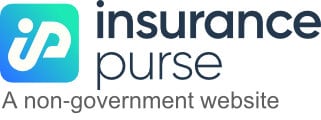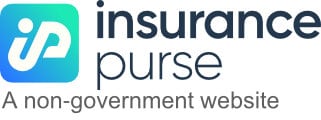[et_pb_section fb_built=”1″ theme_builder_area=”post_content” _builder_version=”4.21.0″ _module_preset=”default”][et_pb_row _builder_version=”4.21.0″ _module_preset=”default” theme_builder_area=”post_content”][et_pb_column _builder_version=”4.21.0″ _module_preset=”default” type=”4_4″ theme_builder_area=”post_content”][et_pb_text _builder_version=”4.21.0″ _module_preset=”default” theme_builder_area=”post_content” hover_enabled=”0″ sticky_enabled=”0″]
Navigating the complex world of health insurance can intimidate you, but mastering this task is well worth it. When you select the right individual health insurance plan, you safeguard your health and financial well-being. Let’s explore the key considerations for choosing the most suitable plan for your needs.
Grasp the Basics of Health Insurance
To start, you need to understand health insurance’s basic terms and principles. You might have encountered words such as premium, deductible, out-of-pocket maximum, and copayment.
The premium refers to the monthly amount you pay for your insurance coverage. Deductibles are the amounts you must pay before your insurance starts covering costs. Out-of-pocket maximums represent the total amount you could pay in a worst-case scenario, and copayments are fixed amounts you pay for covered healthcare services.
These terms will help you compare different health insurance plans more effectively.
Identify Your Healthcare Needs
Your healthcare needs will greatly influence the insurance plan you choose. Are you a healthy individual who rarely visits a doctor? Or do you need regular medical attention due to a chronic illness? The type of coverage you need depends on your answer.
Healthy individuals may prefer plans with higher deductibles and lower monthly premiums. At the same time, those with chronic conditions may find plans with lower deductibles and higher monthly premiums more cost-effective. Remember, your health status can change, so you need a flexible plan.
Review Network Restrictions
Insurance companies maintain networks of healthcare providers who agree to their payment terms. You must verify if your preferred doctors and hospitals are in your insurance plan’s network. If you visit out-of-network providers, you may face higher costs, as your insurance might not cover these expenses or may only cover a smaller percentage.
Examine Prescription Drug Coverage
If you depend on prescription medications, you must understand how different health insurance plans cover these costs. Some plans might generously cover prescription drugs, while others might only cover a portion or none.
Check the plan’s drug formulary, a list of medications the insurance covers, to see if it includes your prescriptions. Also, note if the plan uses a tiered formulary, determining your out-of-pocket costs for different types of drugs.
Explore Additional Benefits
Many individual health insurance plans offer additional benefits like mental health support, physical therapy, and wellness programs beyond basic coverage. Some also cover alternative treatments such as acupuncture and chiropractic care.
These additional benefits can contribute significantly to maintaining and improving your health, so consider them when comparing different plans.
Balance Costs Vs. Coverage
Ultimately, choosing an individual health insurance plan often hinges on balancing costs and coverage. While you might be tempted to choose the plan with the lowest monthly premium, remember that lower premiums usually correspond to higher out-of-pocket costs when you need care.
Conversely, plans with high premiums typically offer more comprehensive coverage, reducing your out-of-pocket expenses when accessing healthcare services.
Finding the right individual health insurance plan can seem overwhelming. Still, you can make an informed decision with a clear understanding of your healthcare needs, careful evaluation of different plans, and thoughtful balancing of costs versus coverage. Remember, the goal is to find the most affordable plan and secure one that offers the best value and ensures your well-being.
[/et_pb_text][/et_pb_column][/et_pb_row][/et_pb_section]
















